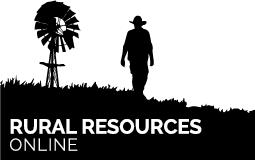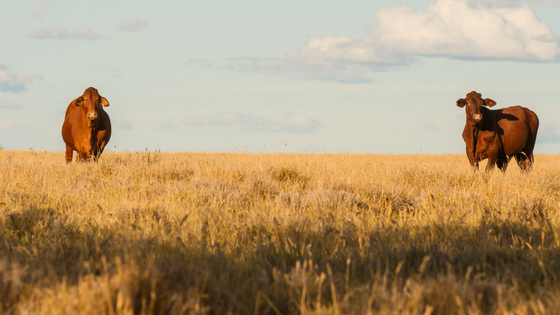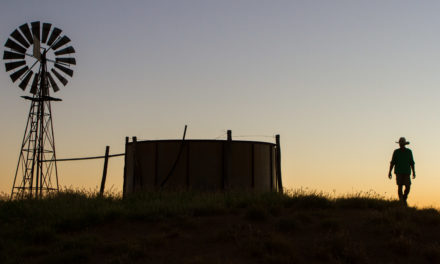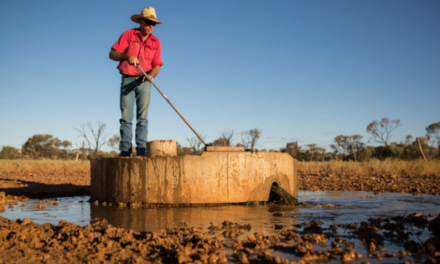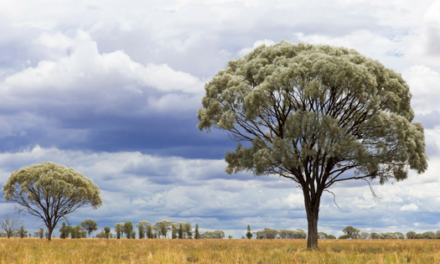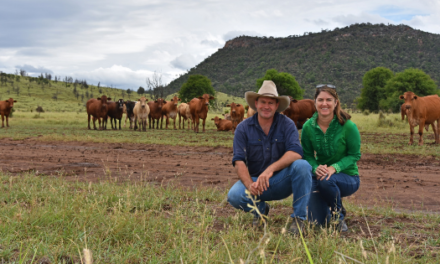Daniel Phipps from Agforce Projects has extensive knowledge of the impacts caused by Coal Seam Gas activity. He advises that no matter whether a landholder is for or against coal seam gas, they can greatly improve their negotiating positions through a series of simple procedures.
Here are his five top tips when negotiating with coal seam gas companies:
Confirm your CSG Representative’s Authority
You must get the CSG representative to confirm what authority they have to negotiate the terms of a Conduct and Compensation Agreement (CCA).
You should also establish what authority they have to enforce conditions outlined in a CCA.
There is no greater frustration in a negotiation process then finding out that the person who has been answering ‘yes’ regarding agreed conditions has no authority to make or approve these decisions.
You need to ensure you are speaking to the correct person. You do not want to commit resources only to be told that your contact has to run details up the chain of command.
Click here to download the CSG Communications Document you can use from the beginning of negotiations.
Understand that you are the CEO of your business
Daniel notes it is often the backwards and forwards of negotiations that leads to misunderstandings or misinterpretations.
By understanding not only who you are negotiating with but also what ability/authority they have to make decisions you can minimise this problem.
As the CEO of your business you can make decisions that will stand, and decide what you are willing to accept. Therefore, it is only fair ( and effective) that you negotiate with someone who has the same ability from the company.
Utilise the free resources available for CSG assistance
In Queensland, where CSG activity is prevalent, there are many free resources available for landowners to access. You can:
- Speak to Agforce Projects CSG team for negotiation, support and information on your rights.
• Contact the Gasfields Commission. As an independent statutory body they work closely with landholders.
Be Proactive and do the following where applicable
- Undertake a bore baseline assessment before activities start.
• Engage professionals (solicitor, accountant, agronomist, grazing consultant) when you need advice.
• Obtain independent valuation advice from the start of negotiations.
• Develop a property map and plan.
• Seek more information about the company’s activities.
• Negotiate to be paid for your time.
• Do more research about CSG activities, impacts and what to put into agreements.
• Negotiate better access times and routes.
• Manage Biosecurity concerns, get baseline assessment done before activities start.
Support Industry Initiatives and Participate in Information Opportunities
Daniel also advises that landholders’ concerns can only addressed if they are known. Regulators must be given feedback. Improvements to information sessions can only be made if feedback is provided.
From time to time producers are approached to complete surveys. Feedback helps to ensure relevant and effective information is presented. It also gives data that can be used in discussions with government or industry. The more producers contribute, the stronger the position is represented.
Daniel stresses that it is important to have the data and experiences to back up viewpoints and not rely just on anecdotal evidence/experiences.
Daniel Phipps is the CSG Project Leader for AgForce Queensland
| p: 07 3236 3100 | m: 0428 189 086 | www.agforceprojects.org.au
